HASS Senior School subjects
The Accounting and Finance ATAR course focuses on financial literacy and aims to provide students with the knowledge, understandings and a range of skills that enables them to make sound financial judgements.
Students develop an understanding that financial decisions have far reaching consequences for individuals and business. The course will provide students with the understanding of the systems and processes through which financial practices and decision making are carried out, as well as the ethical, social and environmental issues involved.
The Economics course is suited to students interested in the world of commerce or who wish to develop financial knowledge to help them succeed in everyday life. It develops the reasoning, logical thinking and interpretation skills that are demanded by the world of work. The learning experi3ences available through this course explore the knowledge, values and opinions which surround economic events and issues facing our community, such as business strategy, income distribution and unemployment.
The Geography ATAR course provides a structured, disciplinary framework to investigate and analyse a range of challenges and associated opportunities facing Australia and the global community. These challenges include rapid change in biophysical environments, the sustainability of places, dealing with environmental risks, and the consequences of international integration.
Students develop a range of skills that help them to understand the physical world, interpret the past, scrutinise the present, and explore sustainable strategies for the future care of places. They are able to understand recent and future developments, such as urban planning, climate change, cultural diffusion, environments at risk, sustainable development practices, and the unequal distribution of resources throughout the world.
Ancient History at Churchlands SHS is offered in Year 11-12 ATAR and as an elective option for Year 9-10. All of these courses revolve around the concept of turning the students into active historians rather than passive learners. In Ancient History students examine physical and written evidence then utilize this evidence to both create and challenge interpretations of the past. At Churchlands SHS there is a significant focus on Ancient Greece, with focus on the individuals, stories and institutions that still provoke a high level of interest because of their relevance to our society today.
History is the study and practice of making meaning of the past with a view to understanding the present. It engages us with the ideas, beliefs and values that shape and influence our lives. A study of Modern History enables students to become critical thinkers. The skills and knowledge gained from this course inform judgments and actions in a rapidly changing world. The Modern History course promotes skills of research, hypothesis testing and analysis of information as students engage with investigations. Students benefit from acquiring the literacy skills of the discipline of history such as critical thinking, research, analysis and effective written expression. These skills equip them for a world changed and linked by information and communication technology and prepare them for lifelong learning.
Philosophical thought shapes what people think, what they value, what they consider to be true, and how they engage with others and the world around them. It is one of the foundations of all academic disciplines. It seeks to shed light on questions, such as: what is real? What and how do we understand? How should we live? What is it to be human? and who am I? It deals with issues and problems that cannot be addressed adequately by appealing to experience and experiment alone. Philosophical inquiry requires that we question our assumptions, beliefs and our reasons for holding them. The Philosophy and Ethics ATAR course aims to empower students to make independent judgements on the basis of reason.
Doing philosophy is a practical activity. We do philosophy, for example, when we seek to define something, when we challenge assumptions, when we construct an argument, and when we think about what we are doing, how we are doing it and to what ends. The study of philosophy gives us a set of skills that better enables us to understand, evaluate and engage with our world, whether that is our personal or our social world, our world of work or the wider questions of how the world works.
In philosophy and ethics, disagreement is common. Methods of inquiry and the skills of critical reasoning help us deal more effectively with disagreement. This course places considerable emphasis on students contributing constructively to a philosophical Community of Inquiry.
Politics and Law is a critical study of the processes of decision- making concerning society’s collective future. The study of politics examines the structures and processes through which individuals and groups with different interests, beliefs and goals, deliberate and negotiate in order to make choices, respond to changing circumstances and enact laws.
The study of Politics and Law contributes to students’ intellectual, social and ethical development. The course aims to support all students in developing a sense of identity, and a sense of political, legal, cultural and social awareness.
The course also challenges students to critically examine the effectiveness of political and legal systems using criteria such as openness, responsiveness and accountability of those systems .At the same time, the skills and values developed in the Politics and Law course aim to allow students to become informed, active and effective participants in the political and legal decisions that affect their lives and the future of their communities at the school, local, state, national and international levels.
The Business Management and Enterprise General course focuses on establishing and operating a small business in Australia and aims to provide students with an understanding of the knowledge and skills of the processes and procedures required for generating business ideas and turning them into a viable business venture. Through the consideration of real businesses and scenarios, students develop knowledge, understanding and skills that enable them to analyse business opportunities, develop proposals and make sound, ethical business decisions. The course equips students to participate proactively in the world of business, behave responsibly and demonstrate integrity in business activities.
Certificate II in Business
The Certificate II in Business course allows students to complete a nationally recognised qualification. This course prepares students to work in industry under supervision. It is what an employer would expect of a Level 2 Clerical person in regard to attitude, work ethic and the key competencies.
Certificate III in Business
The Certificate III in Business course is designed to provide students with business, clerical and information technology skills. These skills are used within the business sector or other career areas such as Hospitality, Small Business, Public Service and Trades.
These certificates provide students with the fundamental knowledge on all facets of working in a business for example, as a receptionist, admin clerk, accounts clerk, medical receptionist or general clerk etc. It includes learning about office software and procedures and expectations within the working environment.




